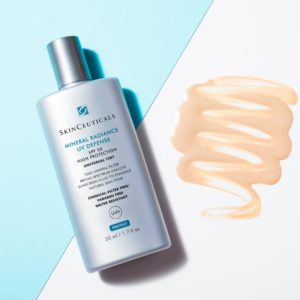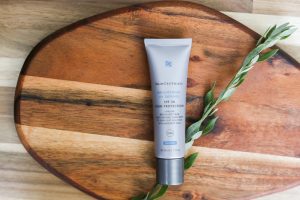What sunscreen is best?
Have you seen the ridiculous amount of sunscreens on the market?
There are sooo many to choose from! Last week I was shopping for a SPF for my daughters school bag in a well known highstreet chemist/shop and almost walked out again after seeing the long isle full of shelves of different SPF varieties!
It’s no wonder there’s so much confusion! I was overwhelmed and I know what i’m looking for.
Over exposure to the sun is damaging to your skin. Not only does it cause premature skin ageing but also many skin cancers.
The most effective way to protect yourself (other than hiding indoors all day like I often do) is to wear a decent SPF which will bounce off the UV rays that hit our skins surface.
Sunscreens have come a long way since the white gloop we used to take on holiday.
I advise everyone to choose a SPF 30 or above – and if that number is all you takeaway from this blog, then that’s good with me. Unfortunately there are many sunscreens which don’t give the protection they claim to, here’s what you need to look out for:
Firstly, the SPF number
Is it 30 or above? To get adequate protection you need SPF 30 as a minimum.
Secondly, is it broad spectrum?
We want our sunscreens to be broad spectrum, this means we will be protected from both UVA and UVB.
Thirdly, is it chemical or mineral based?
Alot of people avoid chemical sunscreens because they contain ingredients that can be irritating to the skin, they can also penetrate into the body and are thought to mimic or alter hormone levels (Eeek). Unstable chemical sunscreens are thought by some to increase free radical damage on the skin which can increase the signs of ageing, which is one thing were trying to prevent here!
Mineral sunscreens sit on your skin and arent absorbed, this is what they’re supposed to do – sit on the skin and reflect away the UV rays. Mineral sunscreens are less likely to cause break outs too. We want to see Zinc oxide on the label (commonly used in mineral sunscreens)
So, if you have the choice, choose mineral.
Any active ingredients?
Does it contain any ‘active ingredients‘ which will encourage sun sensitivity? For example AHA’s or retinols? we do not want these in our sunscreens, these corrective ingredients are best saved for at night, away from the sun.
Lastly (and very importantly) does it feel good on your skin?
You must like it, because you need to wear it every day. All-year-round. Please.
Now I know there are alot of SPF’s out there and Ive tried many! I’ll put myself out there and say it’s highly likely that the SPF in your moisturiser or make-up is not giving your skin adequate protection
Heres what I use if I want a little coverage, it has a universal tint, so theres no need for foundation (yay!) or on the days when I don’t need the coverage/tint, I love this one, as it glides on like a nice moisturiser.
I hope thats been of use to you, heres to protected skin!!
Louise, TSN x
